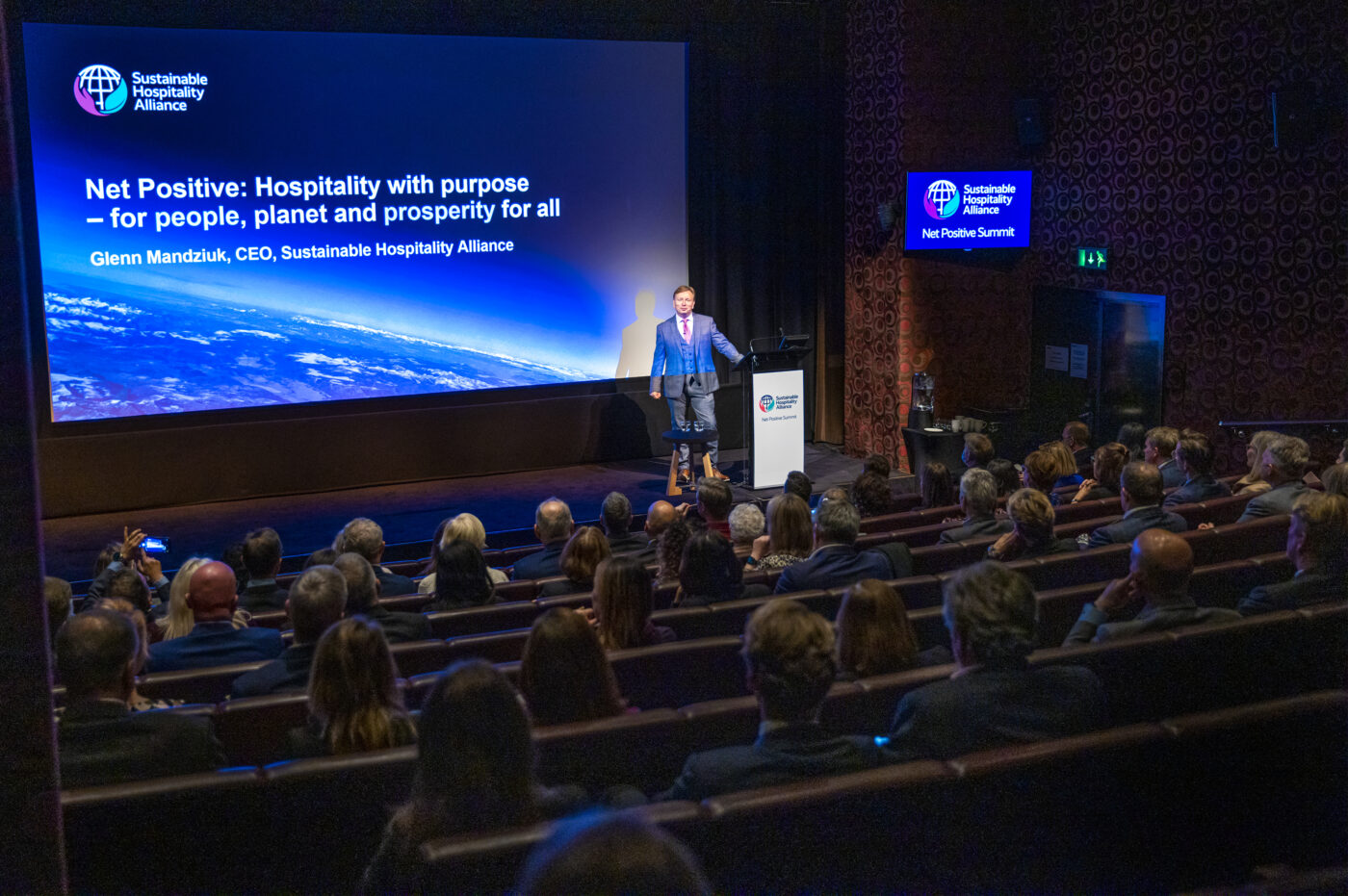International Tourism Partnership (ITP), in collaboration with the International Finance Corporation (IFC), a member of the World Bank Group, has produced a new report demonstrating the business benefits of sustainable hotels. The report aims to improve cross-collaboration between owners, investors and operators by detailing the shared benefits for all partners.
Analysing the business case for sustainability
The report provides a thorough analysis of the business case for sustainability, including how to boost profit margins through utility savings, future-proof investment strategies, meet consumer preferences, and benefit from regulatory incentives. The report includes tangible recommendations tailored for each participant in the hotel property value chain – investors, owners and developers, operators, and franchisees.
This complex and varied value chain is often one of the challenges to operating more sustainable hotels. For example, hotels are often built, financed and owned by businesses that are separate from the brands or individuals that run them. The report lays out the business benefits for each of the different market participants, highlighting that the best financial benefits are reached when everyone works together to integrate sustainability into the development decisions for new builds and retrofits.
As the UN Sustainable Development Goals have shown, the risks of not acting are too big to overlook, but so too are the opportunities to reduce costs, increase revenue, and future proof hotel properties and investments.
Madhu Rajesh – Director, ITP
“We can see that sustainability is becoming more important for investors, their clients and the public,” says ITP Director, Madhu Rajesh. “Sustainable measures will ensure that properties retain their long-term value, and the cost of implementing these practices can be quickly covered by the resultant savings – often with a payback period for new builds of less than one year and in some cases only a few months.”
Moving the entire industry onto a greener path
We have collaborated on this research with IFC who invest directly from their own portfolio, mobilise financing from banking partners, and provide advisory services for resource-efficient buildings, including in the hotel sector. IFC also offers its EDGE green buildings certification program in more than 160 countries, setting a global standard that aligns all stakeholders on a common definition of resource efficiency.
“This research fills a major knowledge gap with focused and quantitative analysis,” says Shamsah Fatima Dhala, IFC’s Global Sector Lead for Tourism. “It shows that the costs are lower than previously thought, while the benefits are high, with actionable recommendations for each stakeholder group. The collaboration between IFC and International Tourism Partnership has the capacity to move the entire hospitality industry onto a greener path.”
If all new hotels built in the next ten years integrated simple sustainable upgrades in design and operations, the industry would save the equivalent to the yearly greenhouse gas emissions of 9 million cars
International Finance Corporation
Managing the impact of climate change
Climate change is already impacting the hospitality sector. Extreme weather events increase the cost of operations and reduce the number of tourists visiting certain destinations, while local and national environmental policies and penalties are being introduced in cities and countries around the world. With a global pipeline of 2.4 million new hotel rooms forecast, if all new hotels built in the next ten years integrated simple sustainable upgrades in design and operations, the industry would save 42 million tonnes of CO2 each year by 2030 – the equivalent to the yearly greenhouse gas emissions of 9 million cars.
“We call on all areas of the industry to use this business case to support conversations with their business partners, and to create a more coordinated approach to building, refurbishing and operating sustainable hotels,” says Rajesh. “As the UN Sustainable Development Goals have shown, the risks of not acting are too big to overlook, but so too are the opportunities to reduce costs, increase revenue, and future proof hotel properties and investments.”
View the Business Case for Sustainable Hotels
This article was published when Sustainable Hospitality Alliance was known as International Tourism Partnership (ITP), part of Business in the Community (BITC).




